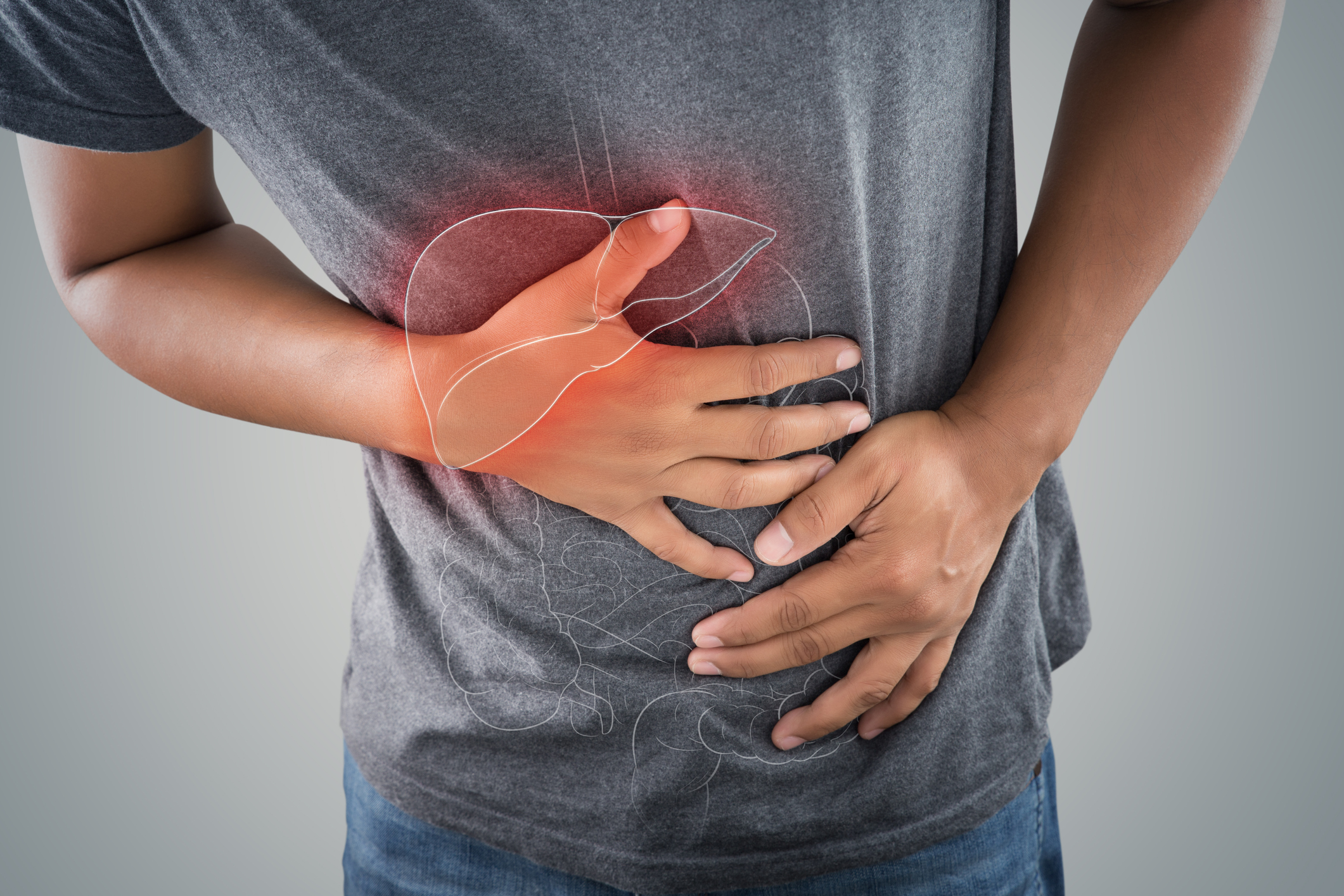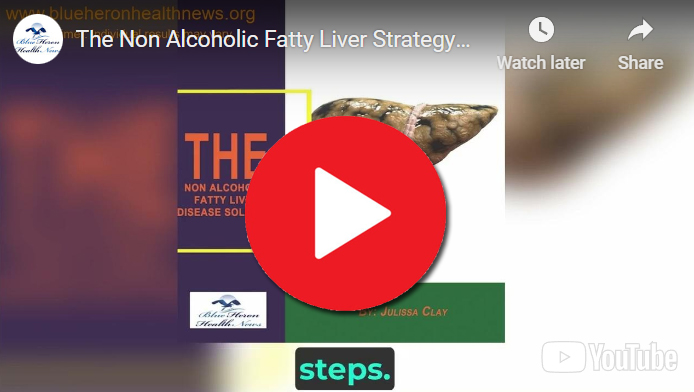
Fatty liver disease, also known as hepatic steatosis, refers to the accumulation of excess fat in the liver. It can be categorized into two types: alcoholic fatty liver disease (AFLD) and non-alcoholic fatty liver disease (NAFLD). While AFLD is associated with excessive alcohol consumption, NAFLD is typically linked to factors such as obesity, insulin resistance, and metabolic syndrome.
Here are some preventive measures that can help reduce the risk of developing or worsening fatty liver disease:
- Maintain a healthy weight: Obesity is a significant risk factor for fatty liver disease. By adopting a balanced diet and engaging in regular physical activity, you can achieve and maintain a healthy weight, which helps reduce fat accumulation in the liver.
- Eat a well-balanced diet: Consume a diet rich in fruits, vegetables, whole grains, and lean proteins. Limit your intake of saturated fats, trans fats, refined carbohydrates, and added sugars. A healthy diet supports liver health and helps prevent fat buildup.
- Limit alcohol consumption: Excessive alcohol intake can lead to alcoholic fatty liver disease. If you choose to drink alcohol, do so in moderation. The recommended limits are up to one drink per day for women and up to two drinks per day for men.
- Manage underlying medical conditions: Conditions such as obesity, diabetes, high blood pressure, and high cholesterol can contribute to fatty liver disease. Properly managing these conditions through lifestyle modifications, medication, and regular medical check-ups can help prevent or control the progression of liver disease.
- Exercise regularly: Engaging in regular physical activity can aid in weight management, improve insulin sensitivity, and promote overall liver health. Aim for at least 150 minutes of moderate-intensity aerobic exercise or 75 minutes of vigorous-intensity aerobic exercise per week, along with strength training exercises.
- Avoid or minimize exposure to toxins: Certain chemicals and toxins can damage the liver. Minimize your exposure to pesticides, cleaning agents, and other harmful substances. Follow safety guidelines and use protective measures when working with chemicals or toxins.
- Vaccinations: Protect yourself against hepatitis A and B by getting vaccinated. These viral infections can cause liver inflammation and contribute to liver damage.
- Medication and supplements: Some medications and dietary supplements may cause liver damage. Consult with your healthcare provider before taking any new medications or supplements to ensure they are safe for your liver.
It’s important to note that these preventive measures are general recommendations, and if you have specific concerns or a diagnosed liver condition, it is advisable to consult with a healthcare professional who can provide personalized guidance and monitoring.
See More on Video

The Non Alcoholic Fatty Liver Strategy™ By Julissa Clay The program provided in this eBook is very reasonable and realistic as it neither restricts your diet miserably so that you cannot stick to the changes in diet suggested in it nor wants you to do intense exercises for many hours every week.